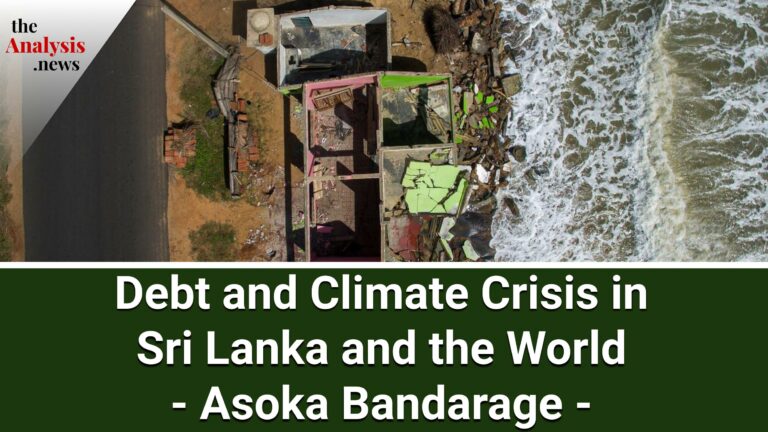How the Left Won Sri Lanka – Devaka Gunawardena Pt. 2/2
In part two, political economist Dr. Devaka Gunawardena outlines the political dynasties in Sri Lanka that governed the country until the National People Power’s (NPP) recent electoral victory. Gunawardena discusses how NPP leader Anura Kumara Dissanayake has garnered widespread support across different ethnic and class lines despite being a political outsider.




